Discovering Asazuke: Japan’s Quick-Pickled Delight
Discovering Asazuke: Japan’s Quick-Pickled Delight
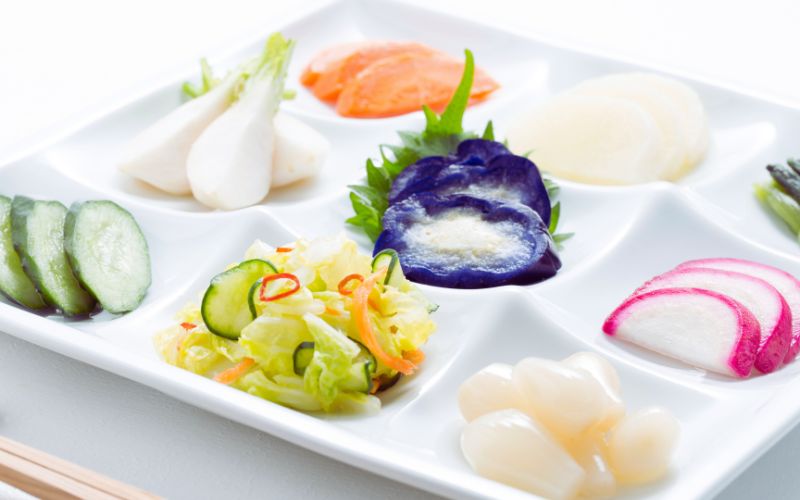
When you think of Japanese food, what comes to mind? Sushi? Ramen? Maybe tempura?
While these dishes are internationally famous, Japan’s culinary world is also filled with humble, everyday treasures — like asazuke (浅漬け), or “lightly pickled” vegetables.
In this post, we’ll explore the charm of asazuke, how it's made, why it's a staple in Japanese households, and how you can try making it at home — no fermentation tanks required!
What Is Asazuke?
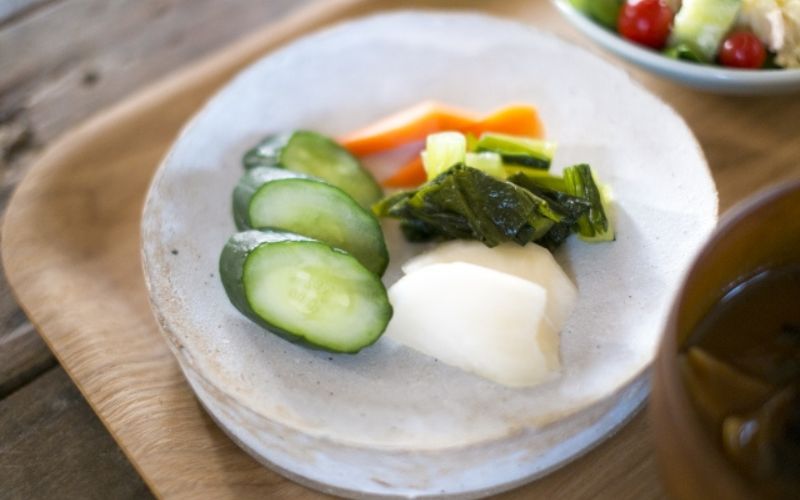
Asazuke literally means "shallow pickling" or "light pickling." It’s a quick and simple way to preserve vegetables by soaking them in a salty or vinegar-based solution for a short time — usually between 30 minutes to a few hours.
Unlike traditional Japanese pickles (tsukemono), which are often fermented for weeks or months, asazuke keeps the crunch, color, and freshness of the original vegetable. It’s more like a seasoned salad than a pickle — but with a zesty, savory twist.
Common Vegetables Used for Asazuke
Asazuke is incredibly versatile. You can make it with many different vegetables depending on what’s in season:
🥒 Cucumber (kyuri): Crisp and refreshing
🌱 Daikon radish: Mildly spicy and juicy
🥬 Chinese cabbage (hakusai): Soft and slightly sweet
🥕 Carrots: Add color and crunch
⚪ Turnips: Earthy and satisfying
🌿 Shiso leaves or ginger: For a fragrant kick
In Japan, asazuke is often served as a side dish with rice, miso soup, and grilled fish — the classic ichiju-sansai (一汁三菜) style meal.
A Healthier, Simpler Pickle
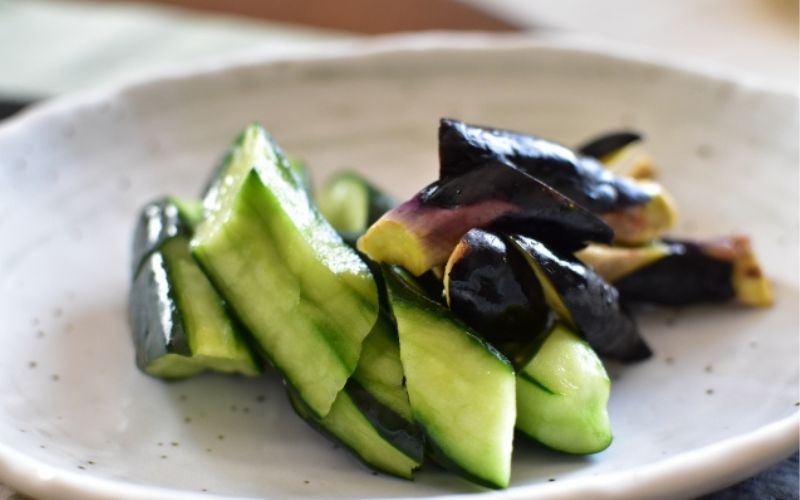
Compared to vinegar-heavy Western pickles or fermented Korean kimchi, asazuke is:
✅ Lower in salt
✅ Free from preservatives
✅ Nutrient-rich
✅ Quick and easy to prepare
Because the vegetables are only lightly pickled, they retain many of the natural vitamins, fiber, and enzymes, making asazuke a refreshing and healthy way to enjoy more vegetables.
The Cultural Role of Asazuke
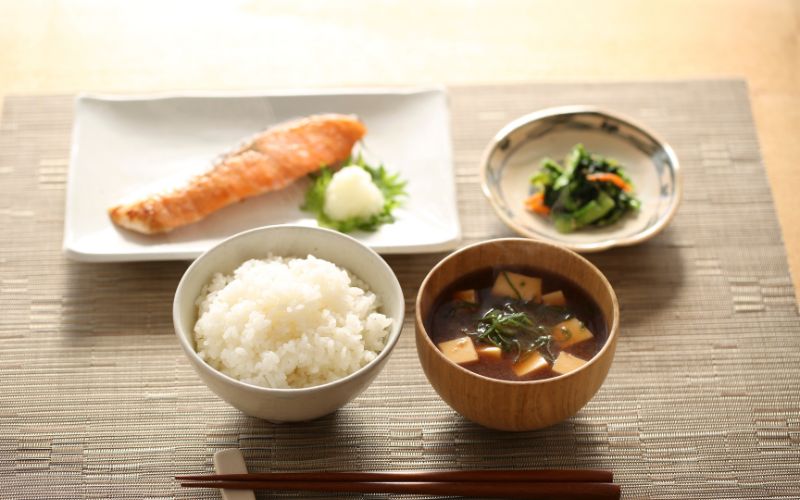
In Japanese households, asazuke is not considered gourmet—it’s a simple comfort food, made almost daily. It’s the kind of dish that gets passed down quietly between generations, not through written recipes, but by habit and taste.
Many families even keep a special container or jar in the fridge just for daily asazuke, topped up with fresh vegetables as needed.
Want to Try Making Asazuke at Home?
The best part? You don’t need to be an expert cook or have any special tools. Just slice your favorite vegetables, add some seasoning, and refrigerate.
If you’re not sure how to season it just right, we’ve got you covered.
Try these two ready-to-use Japanese pickling bases from the trusted brand Ebara, available on Amazon:
🟢 Kombu Dashi Flavor – Rich, savory umami
Perfect if you enjoy a more traditional Japanese taste.
👉 Order on Amazon
🍋 Sweet Vinegar Flavor – Light and tangy
Great for a refreshing, salad-like finish.
👉 Order on Amazon
All you need to do is pour it over chopped vegetables and let it sit in the fridge for 1–3 hours. That’s it!
No cooking, no fuss — just fresh, homemade asazuke.
Final Thoughts
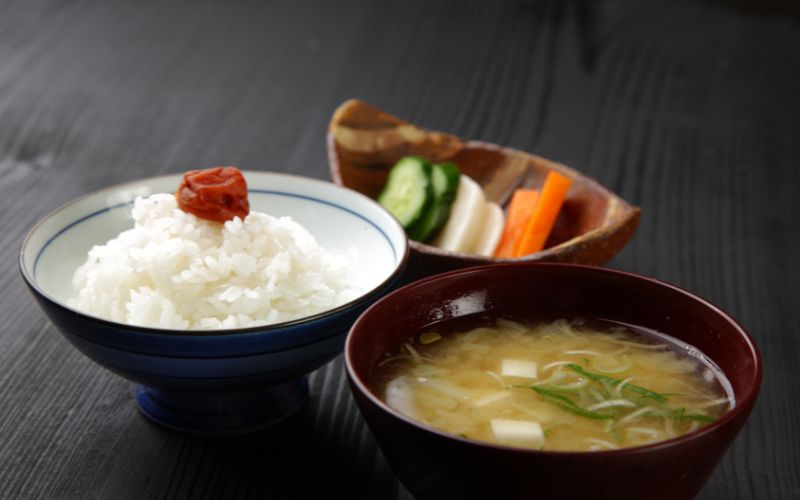
Asazuke is a perfect example of the Japanese way of keeping things simple, seasonal, and wholesome. Whether you're looking for a healthy side dish, exploring Japanese cuisine, or just want an easy way to enjoy vegetables, asazuke is a wonderful place to start.
Try it once, and you might find yourself making it every day—just like in Japan.
Let us know in the comments: What vegetable would you like to try pickling first?
And don’t forget to grab your asazuke mix on Amazon to get started today!

Facebook Comments